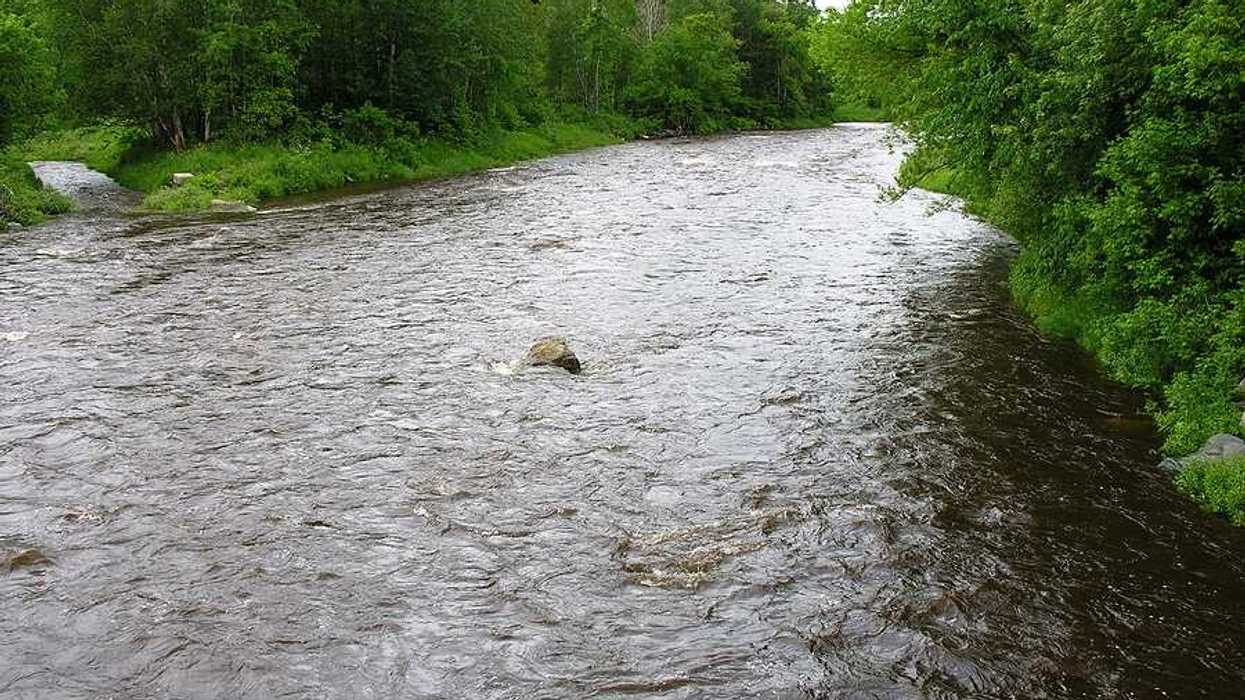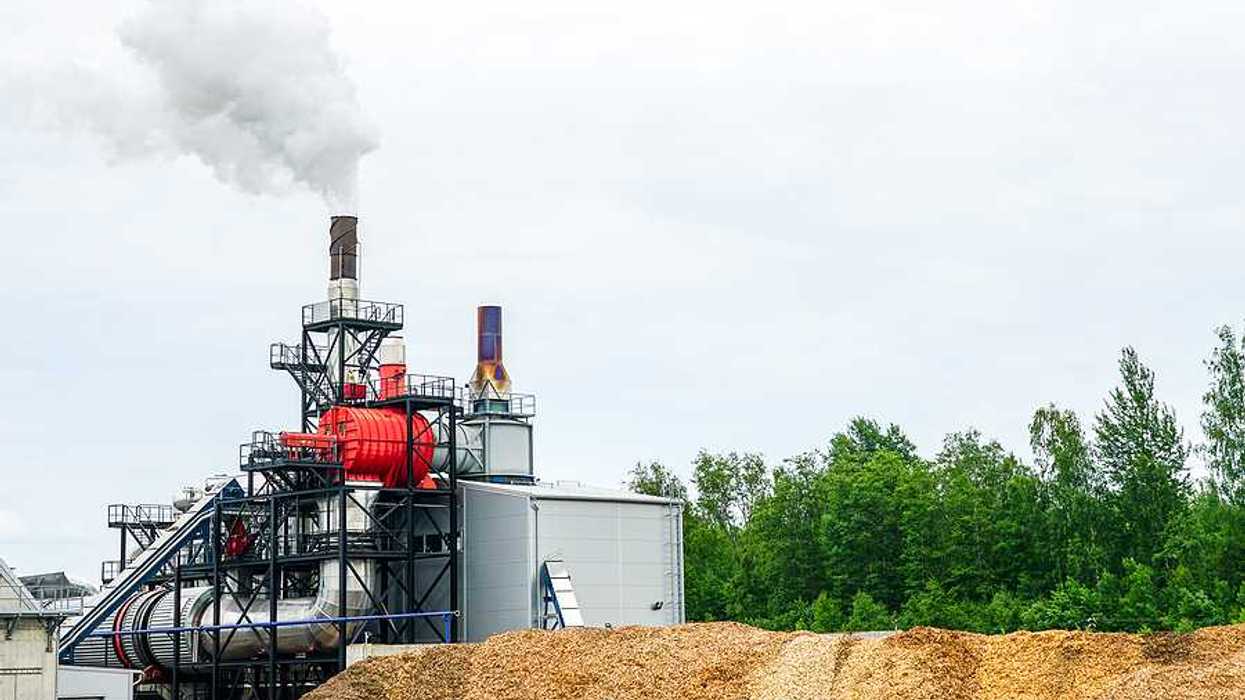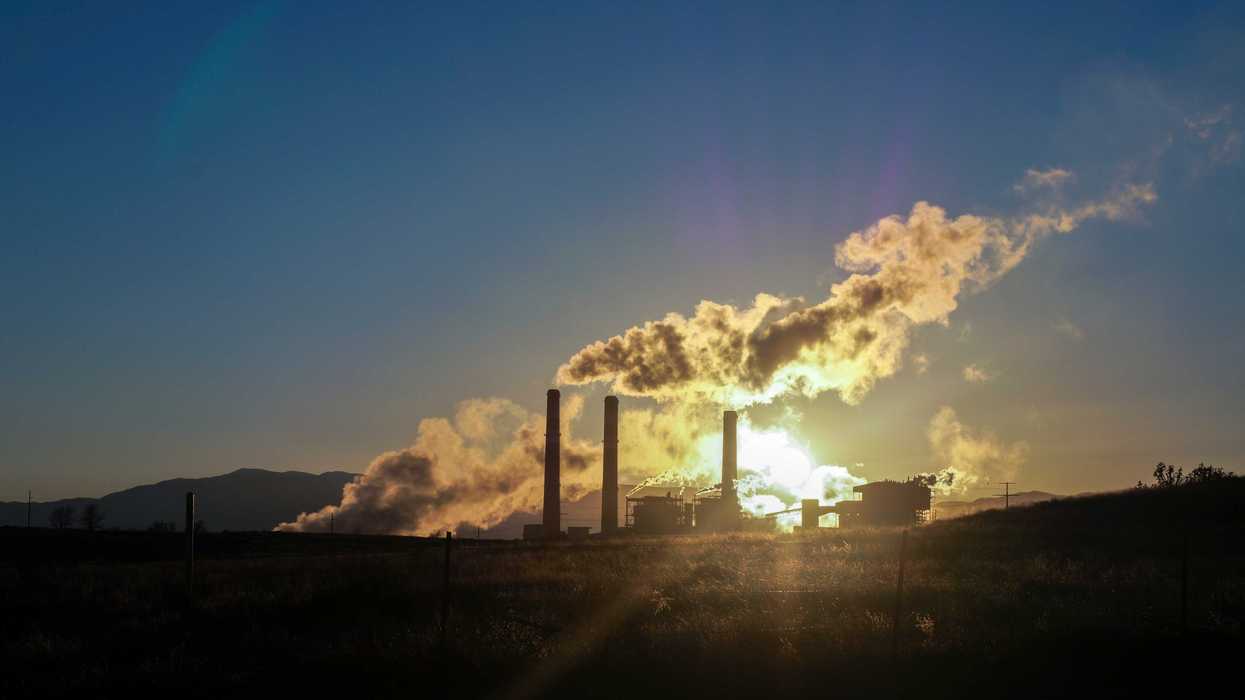Decades of chemical use by W.L. Gore & Associates may have polluted private wells in Elkton, Maryland, with PFAS, leaving residents facing serious health risks and mounting legal battles.
Amudalat Ajasa reports for The Washington Post.
In short:
- A former employee's lawsuit revealed that Gore may have known since the 1980s that PFAS from its facilities were contaminating groundwater around Elkton, where the company has long been a major employer.
- Water testing in 2023 found PFAS concentrations in some private wells far exceeding EPA guidelines; one well reached 1,800 parts per trillion, while the EPA now advises no safe level of exposure.
- Maryland has filed suit against Gore, alleging it knowingly polluted drinking water, while the company denies wrongdoing but has begun installing water filters and offering utility hookups to affected residents.
Key quote:
“Today, both the residents and agricultural interests of these communities are dealing with the life-altering consequences of PFAS exposure, including cancer, reproductive and fertility challenges, developmental delays, hypertension, and more.”
— Philip Federico, attorney at Brockstedt Mandalas Federico who represents Elkton residents
Why this matters:
Even at very low levels, PFAS compounds have been linked to cancer, fertility issues, liver damage, and developmental problems in children. Millions of Americans are likely exposed through drinking water, but those with private wells — like many in rural communities — have little regulatory oversight or protection. As more cases of PFAS contamination surface, the cost of cleanups and health impacts falls heavily on individuals and local governments, while large chemical producers face rising legal pressure to account for decades of pollution.
Related: Understanding the risks of PFAS in your environment
















